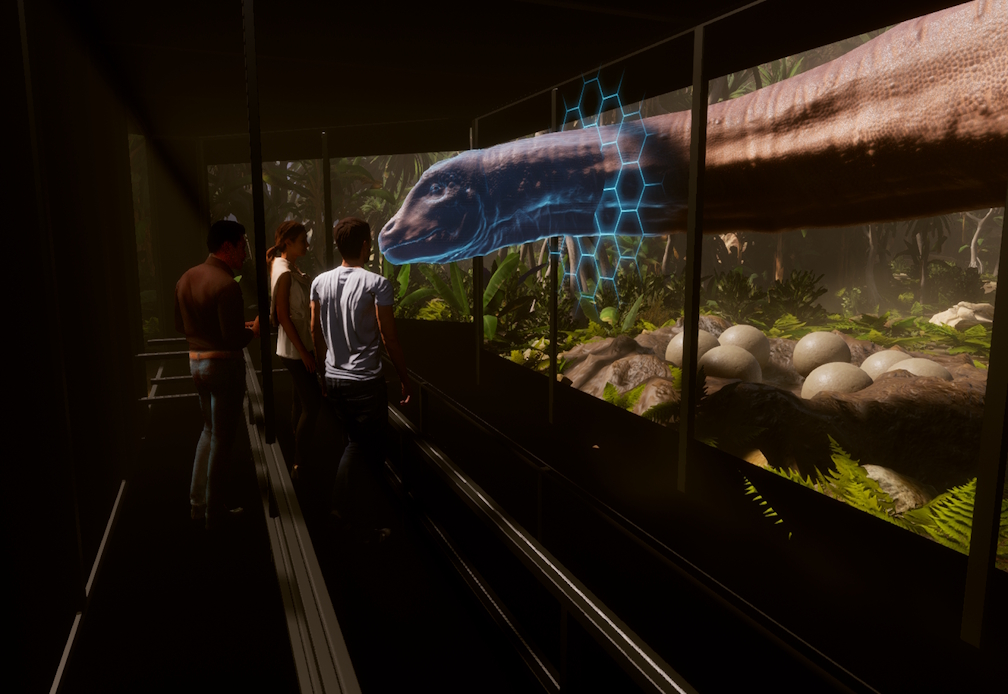Thrive Early Learning Unveils Australian-First Immersive Experience for Pre-Schoolers
- Written by Times Media





We have now passed the annual Australia Day peak of calls urging us to “buy Australian” – especially lamb[1]. ...

Australia’s political parties set new records in funds raised and spent in the lead-up to the 2025 federal election. Now, nine months later, Australians finally get a look at who funded the part…

The State of Play with the National Party and How Things Stand with the Liberal Party Australia’s centre-right political landscape has entered one of its most fractious and uncertain eras in decade…

The head of the International Monetary Fund, Kristalina Georgieva, has warned[1] young people ...

Managed IT support is a comprehensive, subscription model approach to running and protecting your ...

How do you translate ancient Palmyrene script from a Roman tombstone? How many paired tendons ...

Today, many Australian businesses rely on cloud accounting platforms to manage their finances. Bec...

“Allergic disease” and eczema cases are spiking due to the current freak weather as the Bureau o...

By 2026, business communication is no longer just about making and receiving calls. It’s about speed...

Technical SEO Fundamentals often sound intimidating to small business owners. Many Melbourne busin...

Retirees need credible alternatives to downsizing that respect their preferences The national con...

Everyday Australians are struggling to make ends meet, with the cost-of-living crisis the major ca...

Federal Parliament returned this week to a familiar rhythm: government ministers defending the p...

Many Australian homeowners complain that their home is still missing something, even though they hav...

When the Reserve Bank of Australia (RBA) board voted unanimously[1] to lift the cash rate to 3.8...

Many buyers assume that a brand-new home does not need an inspection. After all, everything is new...

Planning an office relocation can be a complex task, especially when business operations need to con...

Gold and silver don’t usually move like meme stocks. They grind. They trend. They react to inflati...